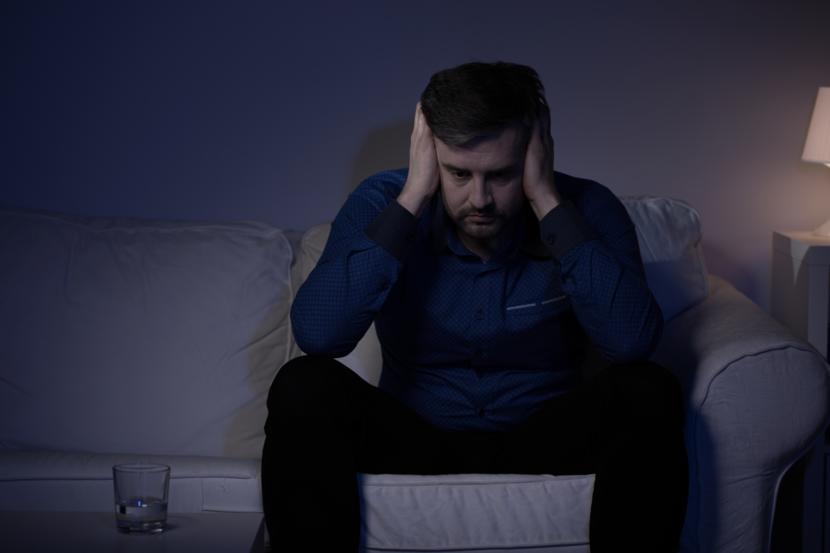
The glutamate hypothesis, proposed as a possible cause for schizophrenia, may also have implications in auditory hallucinations, which are suspected to be triggered by altered glutamatergic transmission. The causal basis of hallucinations has been explored on the cellular receptor level. The voices heard are generally destructive and emotive, adding to the state of artificial reality and disorientation seen in psychotic patients. Īuditory verbal hallucinations attributed to an external source, rather than internal, are considered the defining factor for the diagnosis of schizophrenia. This implies that functional and structural abnormalities in the brain, both of which may have a genetic component, can induce auditory hallucinations. Other research shows an enlargement of temporal white matter, frontal gray matter, and temporal gray matter volumes (those areas crucial to both inner and outer speech) when compared to control groups. In schizophrenia, people show a consistent increase in activity of the thalamic and striatal subcortical nuclei, hypothalamus, and paralimbic regions confirmed by PET and fMRI scans. In people with psychosis, the premier cause of auditory hallucinations is schizophrenia, and these are known as auditory verbal hallucinations ( AVHs). Genetic correlations have been identified with auditory hallucinations, but most work with non-psychotic causes of auditory hallucinations is still ongoing. In his popular 2012 book Hallucinations, neurologist Oliver Sacks describes voice hearing in patients with a wide variety of medical conditions, as well as his own personal experience of hearing voices.

However, numerous persons surveyed reported no diagnosis. In 2015 a small survey reported voice hearing in persons with a wide variety of DSM-5 diagnoses, including: The perception of auditory hallucinations corresponds to the experience of actual external hearing, despite the absence of any sound itself. Auditory hallucinations correspond with spontaneous neural activity of the left temporal lobe, and the subsequent primary auditory cortex. It is assumed through research that the neural pathways involved in normal speech perception and production, which are lateralized to the left temporal lobe, also underlie auditory hallucinations. Newer research has found that they coincide with the left superior temporal gyrus, suggesting that they are better attributed to speech misrepresentations. In the past, the cause of auditory hallucinations was attributed to cognitive suppression by way of executive function failure of the frontoparietal sulcus. Other causes include hearing loss and epileptic activity. Reports have also mentioned that it is also possible to get musical hallucinations from listening to music for long periods of time.

This should be distinguished from the commonly experienced phenomenon of getting a song stuck in one's head. These hallucinations can be caused by: lesions on the brain stem (often resulting from a stroke), sleep disorders such as narcolepsy, tumors, encephalitis, or abscesses. In the latter, people will hear music playing in their mind, usually songs they are familiar with. Other types of auditory hallucinations include exploding head syndrome and musical ear syndrome. They may occur in mentally sound people and with no known cause. In these, people more often hear snippets of songs that they know, or the music they hear may be original. These three categories do not account for all types of auditory hallucinations. There are three main categories into which the hearing of talking voices often fall: a person hearing a voice speak one's thoughts, a person hearing one or more voices arguing, or a person hearing a voice narrating their own actions. However, individuals without any psychiatric disease whatsoever may hear voices, including those under the influence of mind-altering substances, such as cannabis, cocaine, amphetamines, and PCP.

This may be associated with psychotic disorders, most notably schizophrenia, and this phenomenon is often used to diagnose these conditions. While experiencing an auditory hallucination, the affected person would hear a sound or sounds which did not come from the natural environment.Ī common form of auditory hallucination involves hearing one or more voices without a speaker present, known as an auditory verbal hallucination. An auditory hallucination, or paracusia, is a form of hallucination that involves perceiving sounds without auditory stimulus.


 0 kommentar(er)
0 kommentar(er)
